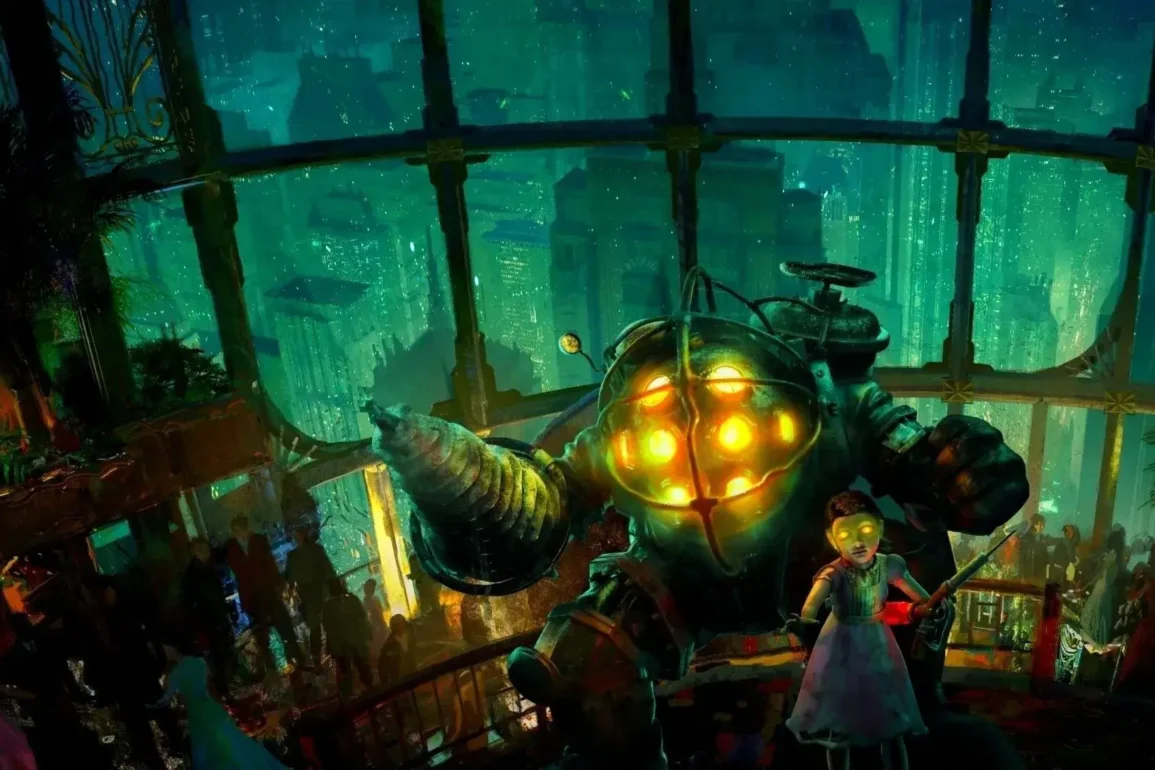
Bioshock, a groundbreaking video game series, transcends traditional gaming experiences by delving into philosophical themes that explore the essence of humanity, the nature of freedom, and the impact of ideologies. In this article, we delve into the philosophical depths of Bioshock, examining how the game prompts players to contemplate profound questions about the human condition, personal agency, and the consequences of unchecked ideologies.
1. A Dystopian Reflection: The Philosophy of Objectivism in Rapture
Bioshock’s first installment introduces players to the underwater city of Rapture, a failed utopia built upon the principles of Objectivism. Explore the philosophical underpinnings of Ayn Rand’s ideology and witness its distorted application within Rapture. Engage in critical analysis of the consequences of unchecked individualism, egoism, and the pursuit of self-interest.
2. Morality and Moral Relativism: The Little Sisters and the Trolley Problem
Bioshock presents players with moral choices that challenge the notions of morality and moral relativism. Encounter the ethical dilemma of harvesting or saving the Little Sisters, prompting reflections on the value of individual lives and the greater good. Consider the implications of the Trolley Problem and how it relates to personal responsibility and the consequences of one’s actions.
3. Power, Control, and Agency: Andrew Ryan and the Illusion of Free Will
The character of Andrew Ryan, the visionary founder of Rapture, raises philosophical questions about power, control, and personal agency. Analyze the tensions between individual freedom and societal order, and explore the extent to which players have agency within the constraints of the game’s narrative. Reflect on the illusion of free will and the implications of predetermined choices.
4. The Nature of Identity: Big Daddies, Little Sisters, and the Loss of Self
Bioshock’s iconic characters, the Big Daddies and Little Sisters, invite contemplation on the nature of identity and the sacrifices made for the pursuit of power. Examine the complex relationship between the player, the protagonist, and the characters inhabiting Rapture, questioning the blurred boundaries between protector and oppressor, and the loss of individuality.
5. Confronting Ideologies: Ryan vs. Fontaine and the Folly of Extremism
The ideological clash between Andrew Ryan and Frank Fontaine reflects the dangers of extreme ideologies. Analyze the consequences of absolute power and examine the philosophical implications of anarchism versus authoritarianism. Consider the role of individual agency in challenging oppressive systems and the potential for transformative change.
Conclusion
Bioshock stands as an exemplar of philosophical exploration within the realm of video games. With its intricate narrative, thought-provoking themes, and nuanced characters, the series invites players to ponder the deeper aspects of the human experience. By intertwining philosophy with gameplay, Bioshock sparks critical thinking, challenging players to reflect on the complexities of humanity, the nature of freedom, and the perils of unchecked ideologies. So, immerse yourself in the philosophical world of Bioshock and let it provoke profound thoughts that resonate beyond the confines of the game.

